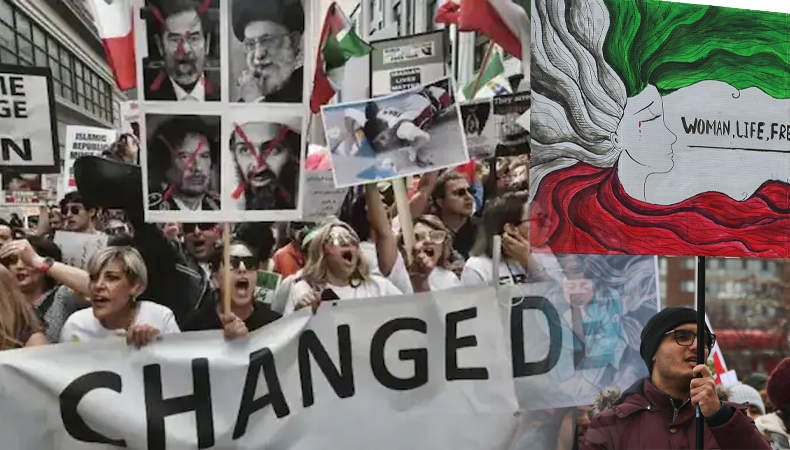Did the Iran government poison dissidents? What happened to 1,200 Iranian students?

Around 1,200 Iranian university students suffered food poisoning the night before the anti-regime protests across the Islamic Republic of Iran.
Did the Iran government poison the university students? Those students complained of nausea, body pain and severe headaches. The national student union expressed suspicion about the timing of the incident as it took place just a day before a scheduled protest.
The student union said that the students were deliberately poisoned to stop their planned anti-government and anti-regime protests. The union wrote on Telegram, “Our past experiences of similar incidents at Isfahan University showcase the authorities’ reason for this mass food poisoning.” However, the Iranian government said that water-borne bacteria caused such symptoms in students.
Students at Kharazmi and Ark universities suffered from food poisoning. Reportedly, the incident also took place at four other universities in the country.
The Islamic Republic is gripped by a massive anti-government protest that was triggered following the custodial death of 22-year-old Iranian Kurdish woman Mahsa Amini, who was arrested by the country’s morality police in Tehran on September 16 for allegedly wearing a loose hijab. She was declared dead at a hospital in Tehran three days later.
Read | The tipping point of Iran’s protest movement
Iranian morality police, formerly known as the Gasht-e-Ershad or ‘Guidance Patrol’, was established in 2006. They were tasked with arresting people who violated the Islamic dress code, especially women.
Recently, Iran’s public prosecutor announced the abolishment of the morality police. However, the United States and Iranian activists dismissed a claim that the Islamic republic was disbanding its morality police.
Recently, the Islamic Republic sentenced five people to death for allegedly killing a member of a paramilitary force affiliated with the Islamic Revolutionary Guard Corps (IRGC). Eleven other people also received lengthy prison sentences. They were accused of killing Ruhollah Ajamian, a member of the Basij.




